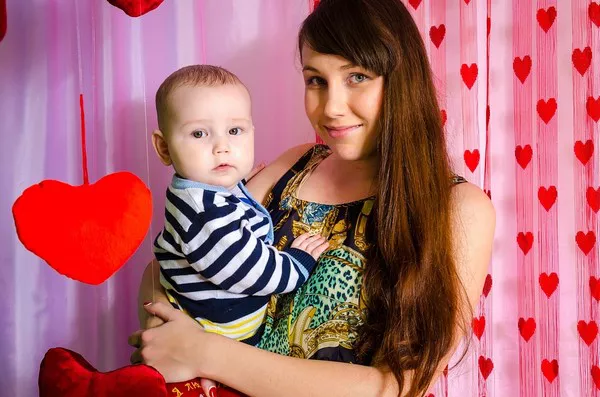Positive parenting is a parenting approach that focuses on building strong, positive relationships between parents and children while using non-punitive discipline techniques to encourage good behavior. Positive parenting is based on the idea that children are naturally good and can be encouraged to make good choices through positive reinforcement and modeling. This article will explore the key principles of positive parenting and how they can benefit parents and children.
-
Building a strong emotional connection
One of the fundamental principles of positive parenting is building a strong emotional connection between parents and children. This can be achieved through various activities such as spending quality time together, showing affection, and actively listening to your child. By building a strong emotional connection, parents can create a safe and nurturing environment that fosters healthy development and encourages positive behavior.
Children who feel loved and valued are more likely to have higher self-esteem, better mental health, and a positive outlook on life. A strong emotional connection also helps parents to understand their child’s needs and respond to them effectively.
-
Encouraging positive behavior through positive reinforcement
Positive parenting emphasizes the importance of encouraging positive behavior through positive reinforcement. This means praising your child when they make good choices and providing positive feedback when they exhibit positive behavior. By focusing on positive behavior, children are encouraged to continue making good choices and to feel good about themselves and their abilities.
Positive reinforcement can be as simple as a smile, a hug, or a verbal acknowledgment of a job well done. It is important to provide immediate positive reinforcement so that children can associate their behavior with a positive outcome.
-
Using non-punitive discipline techniques
Positive parenting eschews punishment as a means of discipline, instead emphasizing the use of non-punitive discipline techniques. This means using logical consequences, setting clear limits and boundaries, and modeling appropriate behavior to encourage positive behavior.
Logical consequences involve allowing children to experience the natural consequences of their actions. For example, if a child refuses to wear a coat on a cold day, they may feel cold and uncomfortable. Setting clear limits and boundaries helps children to understand what is expected of them and what behaviors are not acceptable. Modeling appropriate behavior involves parents setting an example for their children by exhibiting good behavior themselves.
-
Encouraging independence and self-esteem
Positive parenting emphasizes the importance of encouraging independence and self-esteem in children. This means allowing children to make their own choices (within reason), providing opportunities for them to learn new skills, and praising their efforts and achievements.
Encouraging independence and self-esteem helps children to develop a sense of autonomy and self-confidence. This can lead to better decision-making skills, improved academic performance, and healthier social relationships.
-
Maintaining consistency and structure
Positive parenting also emphasizes the importance of maintaining consistency and structure in the home environment. This means setting clear expectations and boundaries, and consistently following through with consequences and rewards.
Consistency and structure provide children with a sense of security and predictability. This can help to reduce anxiety and stress, and encourage positive behavior. Consistency and structure also help children to understand what is expected of them, and what the consequences will be if they do not meet those expectations.
In conclusion, positive parenting is a parenting style that can have numerous benefits for both parents and children. By emphasizing the importance of building a strong emotional connection, encouraging positive behavior, using non-punitive discipline techniques, encouraging independence and self-esteem, and maintaining consistency and structure, parents can create a nurturing environment that fosters healthy development and encourages positive behavior in their children. Positive parenting can help to build strong, positive relationships between parents and children, and provide children with the tools they need to lead happy, healthy lives.


